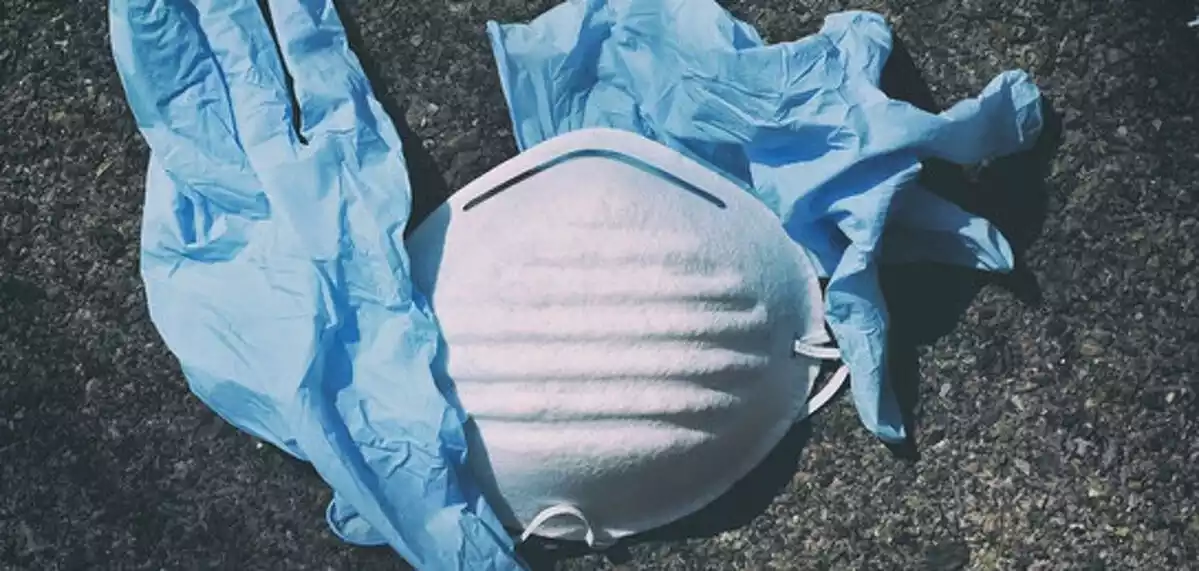
After the coronavirus, nothing will ever be the same again. Our way of behaving in society will never be the same. Although many people criticise the way in which the government has dealt with this unknown disease, the truth is that our way of dealing with the situation has also had a lot to do with it.
The mistakes we've made with the COVID-19
Researchers from Princeton University have published an article in 'The Lancet' where they talk about the mistakes that citizens have made when facing the COVID-19 and that, for sure, will have a great impact on the way we behave after the pandemic.
- Fear of the unknown: False news, rumours, lies... have caused both the population and the researchers to have a certain fear when it comes to making decisions.
- Fear of touching: the fear of getting infected is very high, which is why many people have avoided performing actions such as touching their face, something that used to be done without thinking. That is why it wouldn't be surprising that these behaviours continue to be acquired once we return to normal.
- Lack of routine: The arrival of the COVID-19 has caused us to lose some of our daily habits such as exercising or maintaining human contact with other people. The fact that we don't have a routine causes alteration in our schedules and, above all, in our sleep.
- Psychological problems: Social distancing can lead to illnesses of a psychological nature.
- Contradictory feelings: Being locked up, out of touch, and in many cases trying to get over the death of a loved one has caused many people to have very sudden mood swings.
- Continue with the status quo: Coronavirus has put on the table the possibility of nations without universal health care to return to public health. Moreover, the health workers, who have been so badly treated politically, are also being given the importance they deserve.
- Changes in social rules: Hugs, kisses on the cheeks, handshakes... are difficult habits to change. However, after the COVID-19, we will have to change these social rules that were so common in our daily lives.
- Retrospective bias: once coronavirus infections are reduced, retrospective bias could lead to the punishment of medical authorities for overreacting. Although some criticism will be justified, the truth is that things that should have been done differently will be put on the table.
Eldar Shafir, professor of Behavioral Science and Public Policy at Princeton, says that "after the initial strong reactions to such a challenging and difficult time, awareness of these difficulties could help keep things on track."
[This is a translation of the original article "Nos comportamos mal: 8 errores que hacemos frente el coronavirus" published in espanadiario.net]

